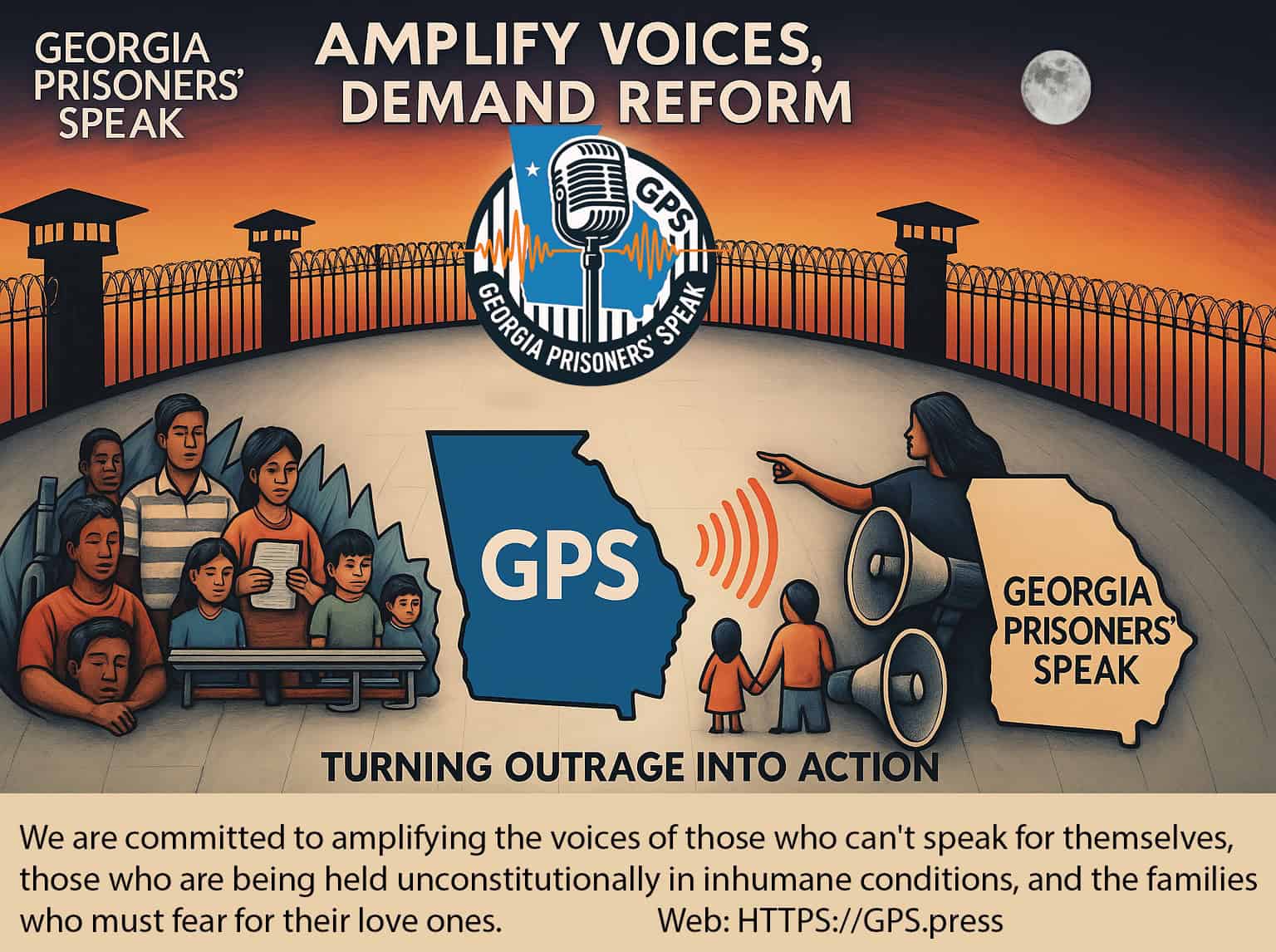Georgia has the highest rate of correctional supervision in the nation—over 525,000 people. 7,900+ serve life sentences with infrequent parole reviews. In 2015 alone, 2,655 parole revocations kept more people behind bars. Staff vacancy rates hit 49.3% by late 2023. Homicides increased 95.8% in three years. Georgia’s parole system doesn’t reduce incarceration—it perpetuates it while prisons collapse from overcrowding. 1
A System Designed to Deny
Georgia’s parole system fails by design:
- Grid sheets—fixed criteria ignore rehabilitation progress
- Infrequent hearings—decades pass without review
- Opaque decisions—no explanation for denials
- No oversight—parole board operates without accountability
The parole board has sole authority over decisions with minimal external oversight and no public accountability.
The Overcrowding Crisis
Parole failures fill prisons beyond capacity:
- 50,000 incarcerated—in Georgia’s prison system
- 525,000 under supervision—highest rate in the nation
- 1,072 imprisoned 30+ years—many without recent parole review
- 2,655 parole revocations—in 2015 alone
When parole fails, prisons overflow. When prisons overflow, violence increases.
Violence Follows Overcrowding
Understaffed, overcrowded prisons produce casualties:
- 142 homicides—from 2018 to 2023
- 95.8% increase—in just three years
- 49.3% staff vacancy—by late 2023
- Deliberate indifference—DOJ’s conclusion
The DOJ found Georgia “fails to take appropriate steps to provide reasonable protection from harm.” Parole failures contribute directly to dangerous conditions. 2
What Reform Requires
Meaningful parole reform includes:
- Clear eligibility criteria—transparent standards for decisions
- Regular hearings—no decades without review
- Rehabilitation focus—progress matters more than original offense
- External oversight—independent monitoring of parole board
House Bill 288 introduced some reforms but failed to address core problems.
Take Action
Use Impact Justice AI to send advocacy emails demanding parole reform in Georgia. The free tool crafts personalized messages to Georgia lawmakers—no experience required.
Demand:
- Transparent parole decision criteria
- Regular parole hearings for all eligible inmates
- Focus on rehabilitation rather than original offense
- Independent oversight of parole board
Further Reading
- A System Built for Failure: Georgia’s Parole Crisis
- The Fight for Decarceration: Georgia’s Path to Prison Reform
- GPS Informational Resources
- Pathways to Success
About Georgia Prisoners’ Speak (GPS)
Georgia Prisoners’ Speak (GPS) is a nonprofit investigative newsroom built in partnership with incarcerated reporters, families, advocates, and data analysts. Operating independently from the Georgia Department of Corrections, GPS documents the truth the state refuses to acknowledge: extreme violence, fatal medical neglect, gang-controlled dorms, collapsed staffing, fraudulent reporting practices, and unconstitutional conditions across Georgia’s prisons.
Through confidential reporting channels, secure communication, evidence verification, public-records requests, legislative research, and professional investigative standards, GPS provides the transparency the system lacks. Our mission is to expose abuses, protect incarcerated people, support families, and push Georgia toward meaningful reform based on human rights, evidence, and public accountability.
Every article is part of a larger fight — to end the silence, reveal the truth, and demand justice.

